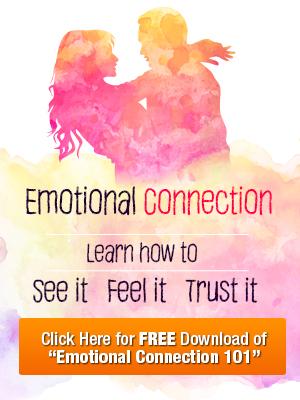1. All Articles
Post Affair Holiday Blues: 14 Tips to help you emotionally survive the holidays
Tip #1 for emotionally surviving the holidays:
examine yourself
Affair recovery is tough already. And then come the holidays. In Australia, it’s summer time, with hot weather, beach, family BBQs and outdoor fun in the sun. Everyone seams to be in a good mood – but you just can’t get festive. In the USA, there is a trifecta of large annual events: Halloween, Thanksgiving, & Christmas holidays. Then there is New Years Eve…..who do you kiss this year? How painful was it to think about New Years Eve in happier times.
To help you along this year, we have created a 14 Tip Guide to help you emotionally survive the holiday season. The first tip will be shared below, but you can have the full guide emailed to you free. Click here to request your guide.
How bad is it?
It’s often helpful to have an idea of the extent of your pain. Once you know, you can monitor your pain as it ebbs and flows. This gives you, amazingly enough, a level of control over the pain and often a sense of relief – without the need to “do” anything.
Here’s a process that many professional therapists have integrated into their evaluation process.
1. What’s it like when you feel badly?
Every so often you return to a particular, familiar negative way of thinking and feelings that is the pain. Have you ever said to yourself, “Oh, here it is again. I’ve felt this way before. This is nothing new. Same old pit in the stomach (or wherever), same old thoughts that I can’t shake.”
Are you there now? Marital conflict will serve as a trigger for that feeling and those thoughts. Sound familiar?
Let’s be more specific. Where do you feel it in your body? Feelings are physiologically based, so if you pay attention to your body, you will be able to locate where that pain or tension is located. Pit in the stomach? Tight chest? Throbbing head? Stiff muscles? Sore back? Tight facial muscles? etc?
And, when you feel that pain or discomfort in your body, what negative thoughts are prevalent in your mind? What are you thinking? What negative thought keeps recycling to increase your pain and tension? What is the theme of your thoughts? Are your thoughts focused on your rage and what you want to say/do to him/her? Do you catastrophic about your future and what will happen to you? Of course, there are a myriad of other thoughts that can demand your energy and focus…and trigger your pain.
Now Let’s take the next step.
Here are 3 vital factors for getting to the bottom of your pain.
1. How intense is it? Measure this pain on a scale of 1-10, 10 being as bad as it can get. How would you rate it now? yesterday? the day before? Rate it on the 1-10 scale when it emerges.
2. How frequent is it? Does this pain visit you every week, every day, every hour? What are the triggers? What are the most powerful triggers? Does it ebb and flow or is it, at this point for you, in the midst of your marital conflict, a most prevalent feeling?
3. Can you find ways to move through and beyond it? Have you discovered actions or thoughts that will help you minimize, diminish and get rid of the pain?
Evaluate your pain now in terms of its intensity, frequency and your ability to move through it.
Tip #2 for emotionally surviving the holidays:
use a mantra
If you’ve been to my website you know I have a mantra that I teach. Some find they take these words with them and they provide a refuge of relief and hope.
The mantra:
“This too shall pass.”
Clients find that by using this mantra whenever they bump into the negativity, or they use it to start the day, pasting it on their mirror, desk and carrying it in their wallet, purse, etc.
What mantra might you use?
Tip #3 for emotionally surviving the holidays:
breathe & notice
Notice now your breathing. Is it shallow? Do you take short breaths? Do you sigh frequently? Are your breaths deep, from the diaphragm?
This is a simple but powerful exercise to lower your number on the tension scale. You might want to know that research finds this to be a key in stress reduction.
Just notice. That’s right. Just notice what you think and feel. (A primary purpose of the 1-10 scale is to get you just to notice.) Much of psychology focuses on our capacity to stand back and notice what we feel and think. It’s called an observing ego. It’s healthy.
When you do not notice, you tend to be “in” the pain. You are the pain. You are the fear. It becomes very difficult, if not impossible, to alleviate the pain and fear.
If you want to take this to another level, be aware of your inner dialogue – one part “talking” to another. The usual scenario: one part of you is angry with another part of you for what that part thinks is foolish, weak or helpless. Round and round you go. It takes much energy to fight your self. Use that energy to address the issues before you.
If you would like the complete guide on how to emotionally survive the holidays, I would love to email them to you.
Emotional Connection – Learn how to see it, feel it, & trust it.
Click here to receive the 14 Tip Guide.
I hope these Tip Helps you emotionally survive the holidays.


